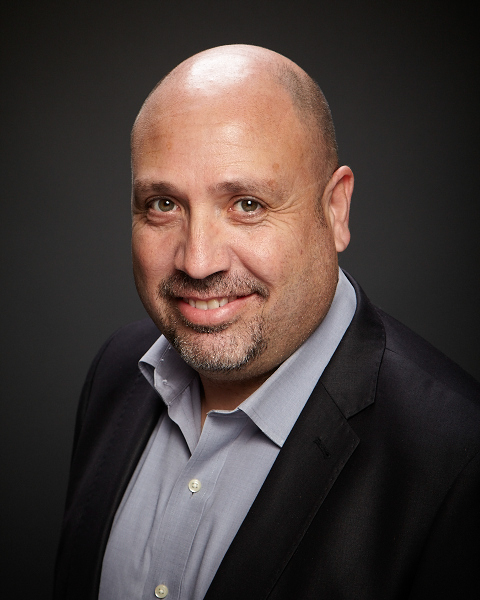Why School Counselors Are in High Demand
 Bullying. Stress. Anxiety. Addiction. Academic challenges. Kids today, especially teenagers, are dealing with different – and in some cases, more – pressures and challenges than any young generation previous. Research indicates that teenage depression is rising at alarming rates, with approximately 1 in 5 teens diagnosed as depressed, and teen suicide rates are about five times higher than they were 50 years ago.
Bullying. Stress. Anxiety. Addiction. Academic challenges. Kids today, especially teenagers, are dealing with different – and in some cases, more – pressures and challenges than any young generation previous. Research indicates that teenage depression is rising at alarming rates, with approximately 1 in 5 teens diagnosed as depressed, and teen suicide rates are about five times higher than they were 50 years ago.
While there many causes for these increases, one fact cannot be ignored: Children and teens need help. For many of them, school counselors are a lifeline to the support and services that they need. The problem, though, is that there simply aren’t enough counselors to go around, leaving most young people without the valuable lifeline that they need.
The Changing Role of the School Counselor
Even as recently as 20 to 25 years ago, the role of the school counselor was much different than it is today. Often called guidance counselors, most counselors of previous years were focused on helping students navigate their post-high school lives, helping with college applications and career planning and providing some mental health and support services when necessary.
However, the role of the counselor has changed – and continues to change. Although career and college planning are still a part of their job, most school counselors today are focused on preparing students to meet the challenges they will face academically and socially, so they can succeed both in school and beyond. For instance, counselors may work with groups of young children to help them develop skills for dealing with bullying or to build their self-esteem or provide training for high school students on how to handle conflict. Counselors also work with parents, teachers and administrators to identify students who need additional interventions and develop plans to help those students access the support they need.
Essentially, according to the American School Counselor Association (ASCA), school counselors have shifted away from working with smaller numbers of students (usually the high-achievers and/or troubled students) to working will all students in the school. This, they say, has put undue stress on counselors and created a shortage of individuals to work with students.
A Desperate Shortage
According to the ASCA, the ideal student to counselor ratio is 250 to 1. However, the ratio of students to counselors nationwide has increased to about 500 to 1 or higher. This, counselors say, is simply unmanageable, meaning that some students inevitably fall through the cracks or don’t receive the level of support that they need and deserve.
The U.S. Bureau of Labor Statistics predicts that employment for school counselors will grow at a faster rate than other  occupations between now and 2026, with opportunities increasing by 11 percent. The BLS attributes this growth largely to increases in student enrollment, but that only tells part of the story.
occupations between now and 2026, with opportunities increasing by 11 percent. The BLS attributes this growth largely to increases in student enrollment, but that only tells part of the story.
The fact is, while demand for school counselors is increasing, and having adequate counseling services is proven to improve student achievement and mental health, in many places, budget cuts often put counselors on the chopping block first. Often, this is based on the misguided perception that not all students need access to counselors or that the counseling programs aren’t utilized or as important as other services. And because school counselors are stretched so thin, stress and burnout aren’t unheard of in the field.
The good news is that in the wake of several high-profile incidents, including school shootings, there has been a renewed focus on student mental health and the realization that school counselors are a necessary part of a healthy and functioning school and student. Currently several bills that would increase funding for mental health services, including money to pay for more counselors, are under consideration, and several new grant programs are supporting the hiring of counselors in schools. The simple fact that the importance of school counselors is being recognized makes this an ideal time for anyone interested in counseling to consider a master’s in counseling online.
Becoming a school counselor would allow you to be a positive force in the lives of young people and play a role in their successes. As with any counseling career, school counseling requires compassion and good listening, communication and analytical skills, but the payoff is the ability to put students first and create better school climates.






